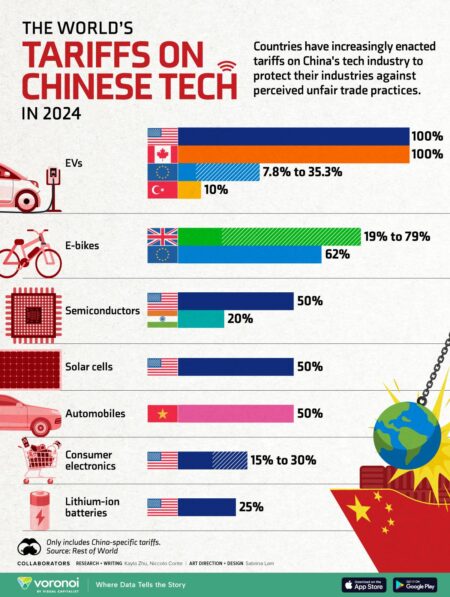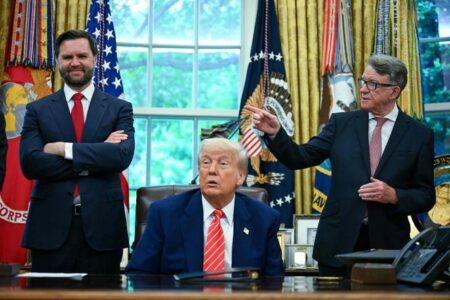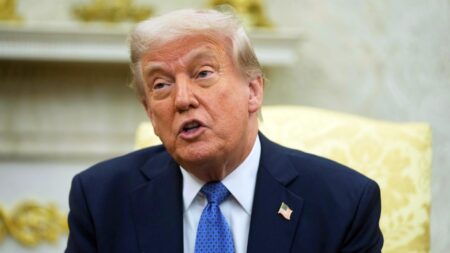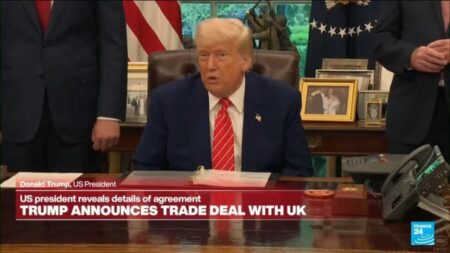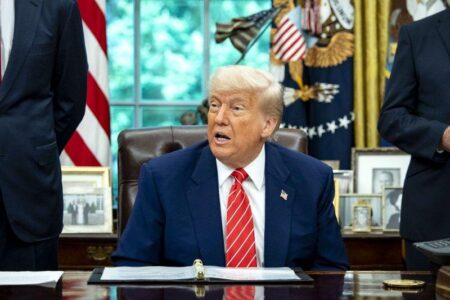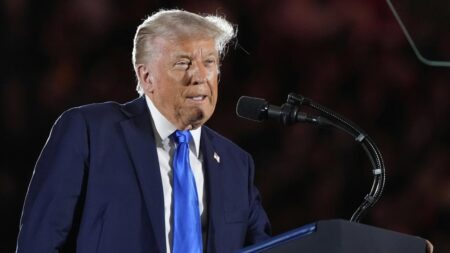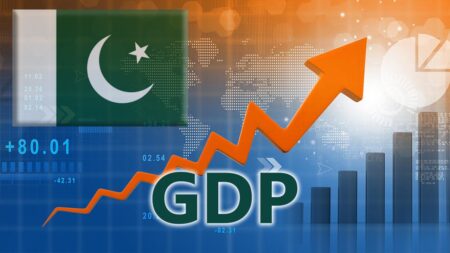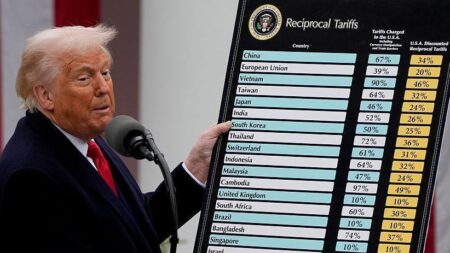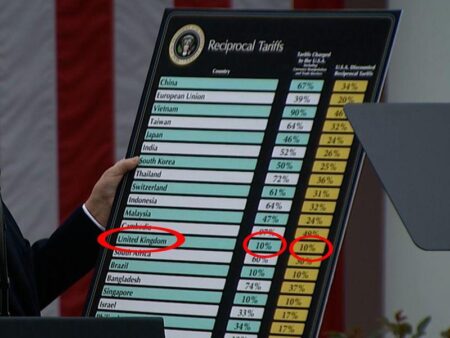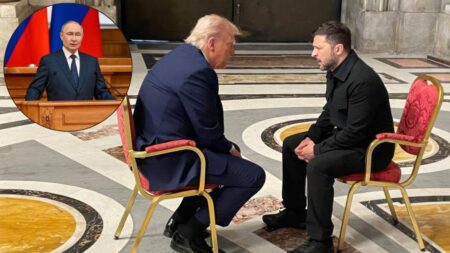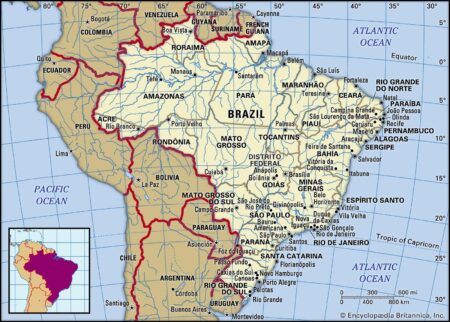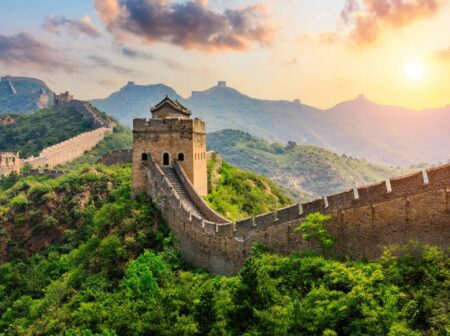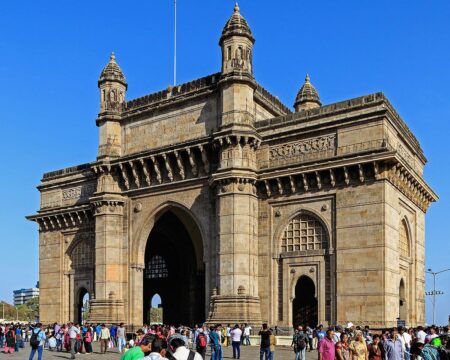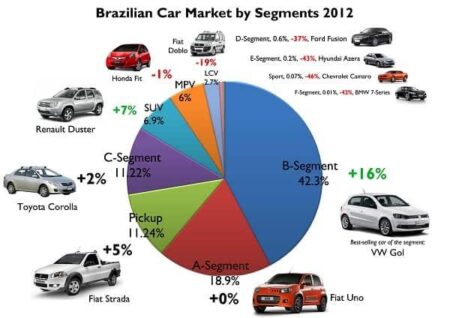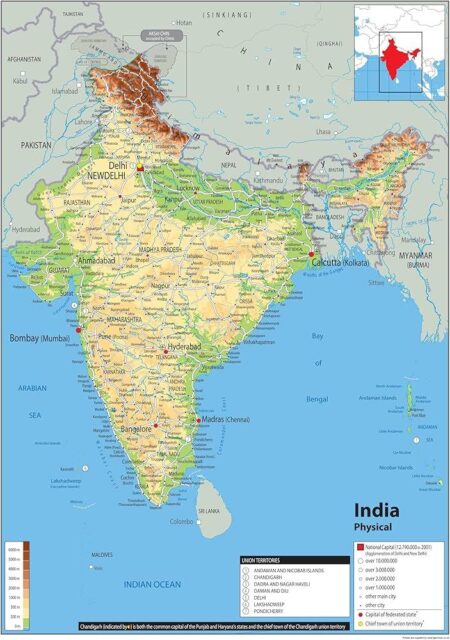In a significant diplomatic breakthrough, French President Emmanuel Macron and Chinese President Xi Jinping have joined forces to tackle the enduring cognac trade dispute. This exciting collaboration is set to strengthen bilateral trade relations and bring economic benefits to both nations.
Browsing: commerce
Even with tariffs slashed from a staggering 145%, small businesses caught in the whirlwind of US-China trade tensions are still grappling with formidable challenges. Experts caution that the persistent uncertainty and rising costs are putting immense pressure on their operations and pricing strategies.
China has taken a bold step by imposing tariffs on plastic imports from the US, EU, Taiwan, and Japan, citing concerns over dumping practices. This move signals a dramatic escalation in trade tensions as Beijing seeks to safeguard its domestic industry amidst the backdrop of ongoing global trade disputes
In a remarkable twist, China is reveling in a major trade triumph against the U.S., heralding a crucial chapter in their fierce economic rivalry. Experts are pointing to soaring exports and exciting new market opportunities, indicating a transformative shift in the landscape of global trade.
The newly forged US-UK tariffs agreement is set to pave the way for smoother trade relations by slashing tariffs on essential goods. In a bid to bolster their economic partnership in the wake of Brexit, both countries are focused on fostering mutual growth and prosperity. It’s crucial for businesses to stay updated on how these changes will impact their exports and imports.
President Trump declared a bold “total reset” in trade negotiations with China, highlighting the “great progress” made in discussions surrounding tariffs. These comments emerge amidst persistent trade tensions, as both nations strive to tackle deep-rooted economic challenges.
Japan is currently at a crossroads in its tariff negotiations with the U.S., while the U.K. forges ahead with exciting new trade deals. As Tokyo navigates through mounting economic challenges, this pause in discussions could jeopardize Japan’s competitive advantage on the world stage.
In an exciting new development, former President Donald Trump has announced a groundbreaking trade deal between the U.S. and the U.K.! This agreement highlights a commitment to collaboration in vital industries like steel, automobiles, and beef. With this initiative, both nations are set to enhance their economic partnership and significantly increase bilateral trade.
The United States and the United Kingdom have forged a groundbreaking trade deal that promises to strengthen their economic partnership and simplify logistics between the two nations. This exciting agreement is set to boost trade efficiency and ignite growth in vital sectors, paving the way for a prosperous future together.
Former President Donald Trump is gearing up to unveil a groundbreaking trade agreement with the UK, heralding a potential transformation in transatlantic relations. This ambitious deal seeks to strengthen economic connections and could redefine trade dynamics in the wake of Brexit. Stay tuned for more exciting details!
In a groundbreaking agreement, the UK and India have unveiled an exciting plan to cut tariffs on whisky and textiles, paving the way for enhanced trade relations. This deal represents a pivotal moment in fortifying the economic bonds between these two vibrant nations.
In a major blow to Pakistan’s economy, India has taken the drastic step of blocking $500 million in Pakistani goods from entering its market through third countries. This bold move is set to deepen the already tense trade relations between the two nations and poses a serious risk to Pakistan’s economic stability.
The recent Trump tariffs deal presents a mixed bag for Australian businesses, creating hurdles for sectors such as agriculture and manufacturing. Yet, amidst these challenges, some companies are seizing the moment, seeing it as an ‘enormous’ opportunity to broaden their markets and drive innovation.
Amid the rising trade tensions sparked by Trump-era tariffs, Mark Carney passionately champions a united G7 strategy to combat protectionist measures. His urgent plea for collective action highlights the critical importance of safeguarding free trade and ensuring global economic stability.
In a recent statement, President Trump expressed optimism about the ongoing tariff negotiations with India, declaring them as “going great” and highlighting significant strides in trade relations. At the same time, he took decisive action by signing an executive order designed to invigorate the auto industry, addressing growing concerns from manufacturers.
Brazilian President Luiz Inácio Lula da Silva passionately called for Mercosur and Canada to fast-track their trade agreement negotiations. He believes that by doing so, they can bolster economic connections and foster regional collaboration, especially in these unpredictable times of global trade.
China is reportedly considering a bold step: exempting select U.S. products from tariffs. This strategic move could pave the way for a significant reduction in trade tensions between the two nations. As negotiations continue, this potential adjustment shines a glimmer of hope for stabilizing economic relations and fostering collaboration
In an exciting development, U.S. Treasury Secretary Scott Bessent revealed that India is poised to become the first nation to ink a landmark trade agreement with the United States. This groundbreaking deal promises to strengthen economic connections and elevate collaboration between these two dynamic countries.
Brazil’s auto market is sparking serious worries about U.S. tariff policy as automakers grapple with soaring costs and dwindling competitiveness. With tariffs on the rise, industry experts caution that these challenges could jeopardize American jobs and lead to higher prices for consumers.
India is under growing pressure to lift tariffs and open its doors wider to global giants like Amazon and Walmart’s Flipkart. As these industry titans seek to expand their footprint, the government finds itself at a crossroads, striving to balance the needs of local businesses with the allure of foreign investment. The stakes are high, and the path forward is anything but straightforward.


